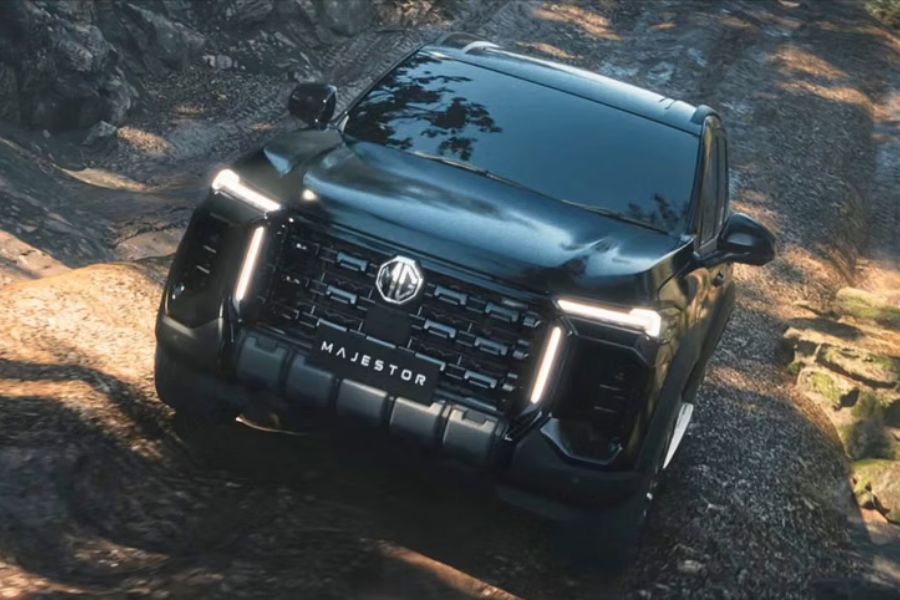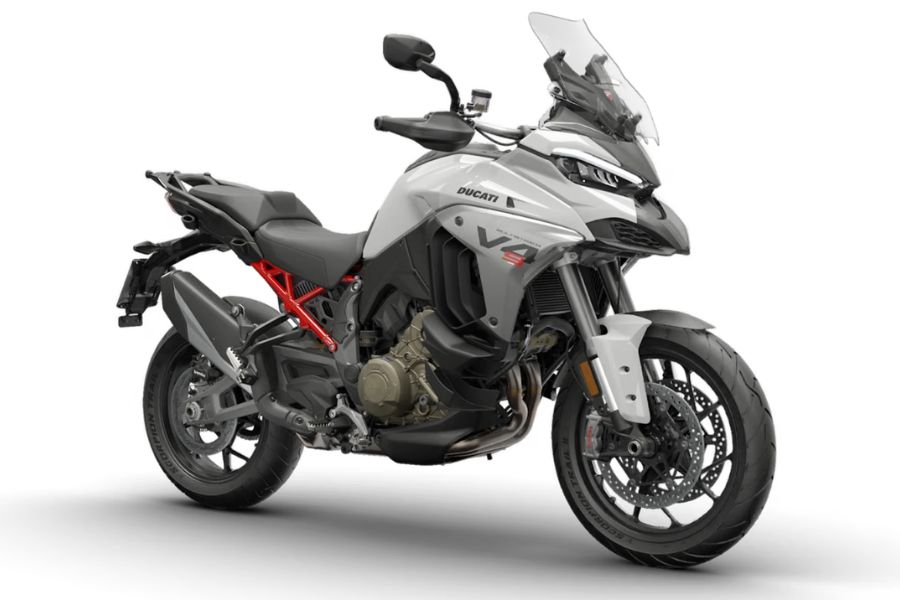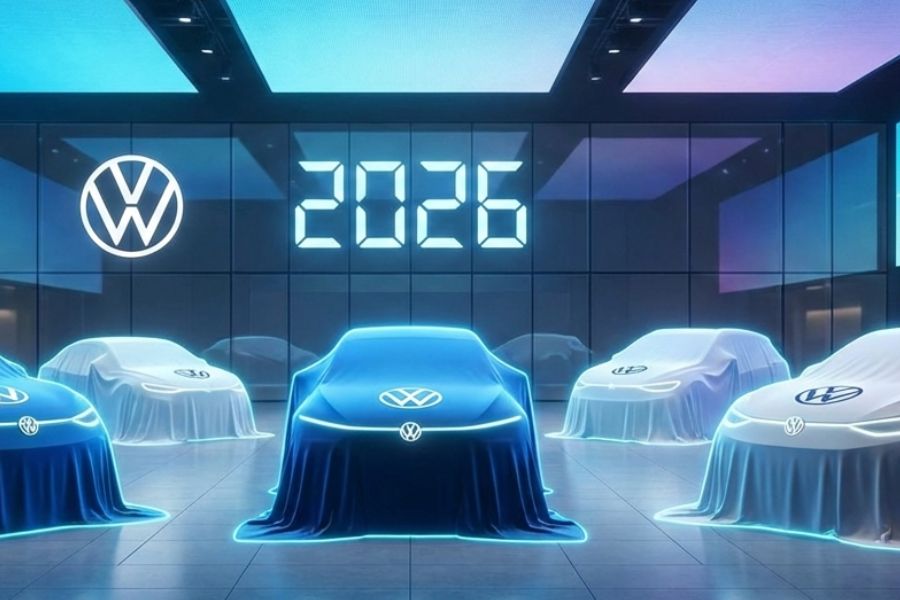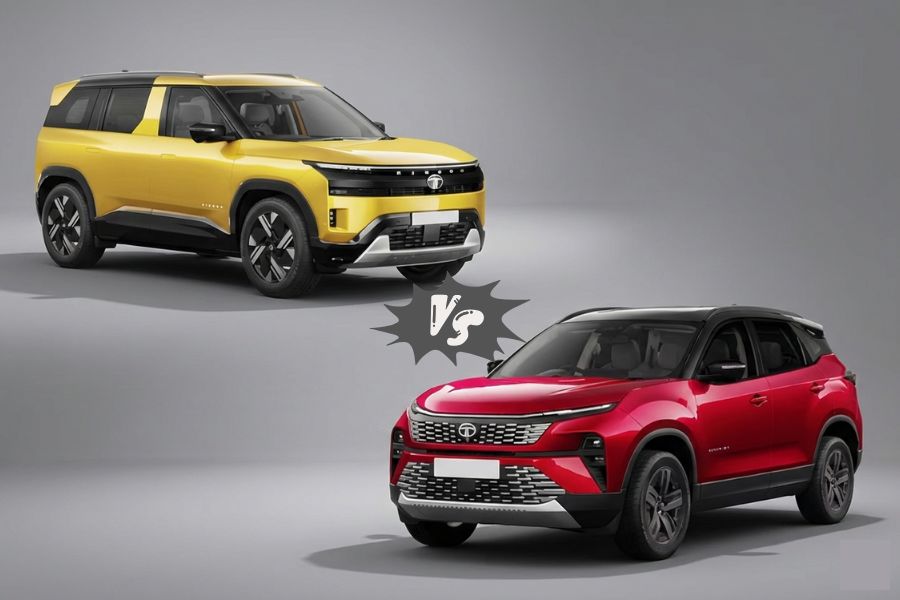India’s electric passenger vehicle (e-PV) segment continued its strong growth trajectory in July 2025, clocking the highest monthly sales this calendar year at 15,423 units — up 93% year-on-year. Tata Motors has reclaimed momentum, crossing the 6,000-unit mark after an eight-month gap, while MG and Mahindra posted their strongest showings yet in 2025. Luxury EVs contributed 2,562 units, maintaining their steady 3% share of the overall market.
Here’s how individual carmakers performed in July:
Top Mass-Market EV Players
Tata Motors – 6,019 units
After several months of losing ground to rivals, Tata Motors bounced back strongly in July. With 6,019 EVs sold, the company posted an 18% growth year-on-year, marking its best monthly performance this year. However, its market share has declined to 38%, a sharp drop from 67% a year ago. Tata continues to offer the widest EV portfolio in the mass market, with electric versions of most of its popular models, and aims to regain lost ground by targeting a 50% market share over the next five years, backed by an investment of ₹35,000 crore.
JSW MG Motor India – 5,061 units
MG continues its rapid climb up the EV ladder, delivering 5,061 units — the company’s best monthly performance this year. With help from models like the Windsor, ZS EV, and the Comet, MG has doubled its market share to 32%, up from 16% last July. The recent launch of premium EVs like the M9 MPV and Cyberster sportscar under its new Select Channel may not be volume drivers but will help MG diversify into higher segments.
Mahindra – 2,810 units
Mahindra’s EV push is being led by its newly launched BE 6 and XEV 9e. Though July’s tally of 2,810 units is slightly lower than its recent monthly average, the company has more than doubled its share to 17% (from 8% last year). Mahindra has just begun deliveries of the mid-spec Pack Two variants, so sales are expected to rise again in the coming months.
Hyundai – 610 units
Despite the strong brand backing, Hyundai is yet to break through in the EV market. The company sold 610 units in July, an improvement over June but still underwhelming given the segment’s growth. The Creta Electric, its only mass-market EV, has not seen the traction Hyundai hoped for, while the premium Ioniq 5 remains a niche player. That said, Hyundai has now overtaken BYD and holds a 5% market share.
BYD India – 457 units
BYD registered 457 units, slightly down from previous months. The company assembles four EV models in India (Atto 3, Seal, Sealion 7, eMax 7), but geopolitical challenges are limiting its scale in the Indian market. Operating primarily in the premium EV segment, BYD holds a 2% market share — respectable for its price bracket.
Kia India – 57 units
Kia made a quiet but important step into the mass-market EV space in July with the launch of the Carens Clavis EV, which has begun to roll out to customers. The company sold 57 units, its highest monthly EV sales so far. While earlier efforts were limited to the premium EV6, the Clavis gives Kia a shot at wider reach, especially as it becomes India’s most affordable 3-row electric vehicle.
Citroen – 41 units
Citroen recorded its lowest EV sales of the year, moving just 41 units of the e-C3. The brand’s sole electric model hasn’t caught on in the personal car buyer market, with the bulk of sales attributed to fleet operators. This is despite its aggressive pricing and focus on the entry-level EV segment.
Luxury EV Segment: BMW and Mercedes Dominate
The luxury EV space contributed 2,562 units in July — holding steady with a 64% YoY growth, and a 3% share of the broader EV market.
BMW – 233 units
BMW continues to lead the premium EV space, selling 233 units in July. While slightly below its peak (272 units in March), BMW maintains a dominant 58% share in the luxury EV category, thanks to offerings like the i4, iX1, and i7.
Mercedes-Benz – 85 units
Mercedes secured the second position in the luxury segment with 85 units sold. Though well behind BMW, the brand holds a 28% market share among premium EVs, supported by models like the EQB, EQE, and EQS.
Others
-
Volvo: 41 units, riding on the appeal of the XC40 Recharge and C40 Recharge.
-
Porsche: 6 units, likely from the Taycan lineup.
-
Rolls-Royce: 2 units of the ultra-luxury Spectre EV.
-
Audi: Just 1 unit, suggesting limited traction for the e-tron in India currently.
Outlook
With new mass-market EVs launching and mid-spec variants beginning deliveries, the coming months are poised to see even higher volumes. Tata will continue to defend its crown, but MG and Mahindra are fast narrowing the gap. Luxury brands, meanwhile, are gradually building momentum, led by BMW and Mercedes.
EV adoption is clearly accelerating in India, and July 2025’s record numbers are just a glimpse of the growing momentum in this space.
Read More:




